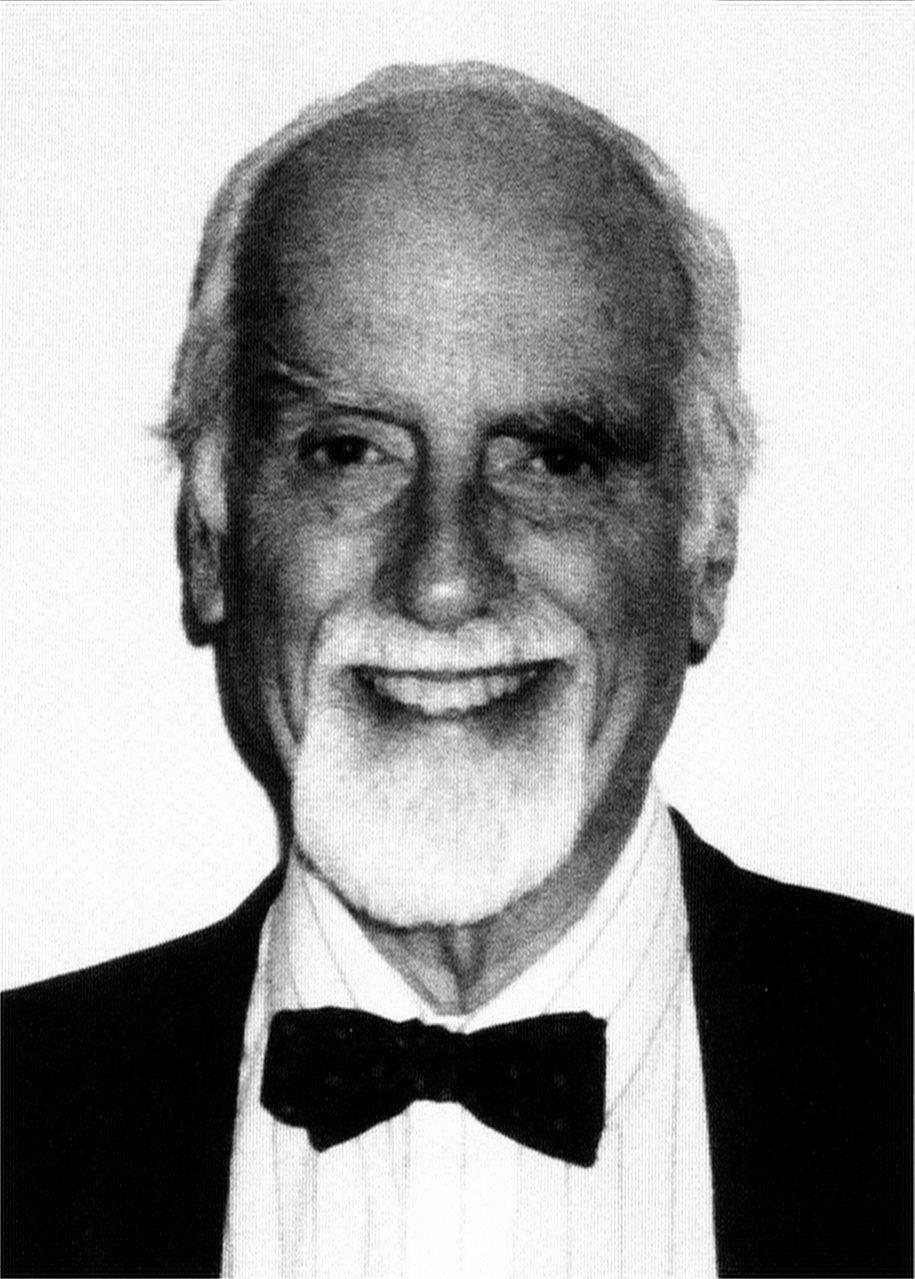David C McClelland, a Harvard psychologist, has proposed that there are three major relevant motives in work-place situations. According to him, the motives are:
Motives
(a) The need for achievement i.e., striving to succeed.
(b) The need for affiliation i.e., warm relationships w
ADVERTISEMENTS:
ith others.
(c) The need for power i.e., control over other people.
According to McClelland, every motive is acquired except striving for pleasure and avoiding pain. He proposed that people acquire these needs for achievement power and affiliation through experiences overtime.
On the job, people are motivated by these needs, and the manager can learn to recognise these needs in workers and use them to motivate behaviour.
ADVERTISEMENTS:
McClelland used the Thematic Apperception Test (TAT) to study human needs. Th TAT process involves asking respondents to look at pictures and write stories aboi what they see in the pictures.
The stories are then analysed to find certain theme that represent various human needs. From his research, McClelland found that achieve ment motive is a “desire to perform in terms of a standard of excellence or to b successful in competitive situations”. They (employees) seek situations where:
1. They can attain personal responsibility for finding solutions to problems.
ADVERTISEMENTS:
2. They can receive immediate feedback information on how they are progressing towards a goal.
3. They can set moderately challenging goals and
4. The in accomplishing a task intrinsically of sifting.
Evaluation:
Achievement motivated people are the backbone of any organisation. Such considerable time and attention must be devoted to constructing ways of developing the achievement motive at the managerial level.
Organisational climate must t conducive to high achievement. Managers must try to raise the achievement nee level of subordinates by creating the proper work environment, increasing responsibility and autonomy and rewarding excellence in performance.

